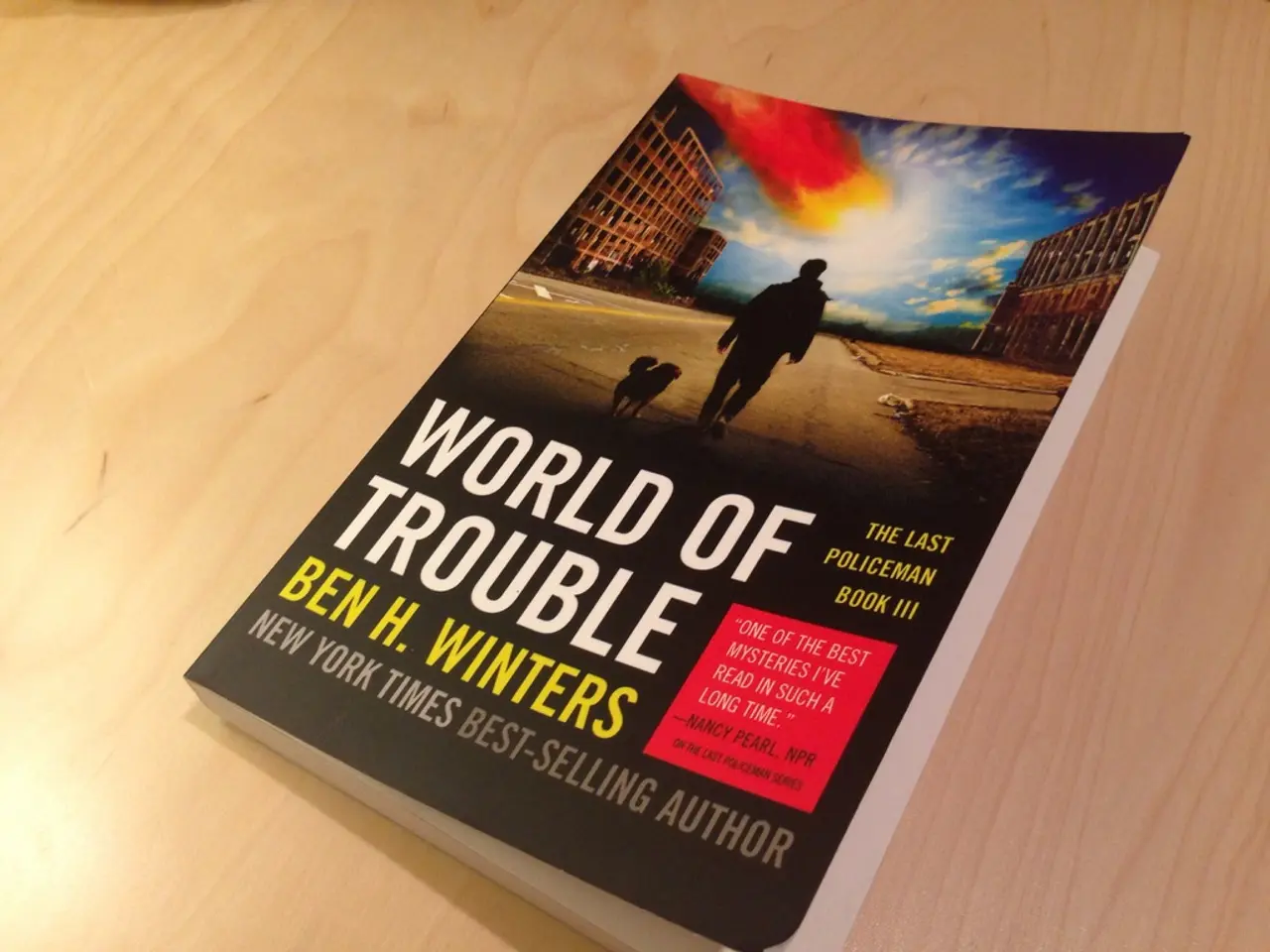Phone Call Fallout: Thai PM Paetongtarn Shinawatra Struggles to Keep Coalition amid Apology
Thailand's Prime Minister, Paetongtarn Shinawatra, expresses regret for upholding the coalition partnership.
Prime Minister Paetongtarn Shinawatra faces the challenge of preventing her government from collapsing, following a damaging phone call with officials from Cambodia. A conversation that left one coalition partner irate and saw the country's and the army's dignity as compromised.
Paetongtarn has issued an apology for the controversial phone call with Cambodia's former Prime Minister Hun Sen. "I apologize for the public conversation that has caused public discontent," she acknowledged. This apology came after the call led to the resignation of one of her coalition partners in protest, prompting calls for new elections.
The phone call with Hun Sen revolved around the ongoing border dispute between the two countries. The conversation saw Paetongtarn addressing Hun Sen as "uncle" and referring to the Thai regional army chief in the border region as her adversary. This remark, among others, stirred criticism on online forums.
The conservative Bhumjaithai Party decided to leave the government on Wednesday, citing Paetongtarn's actions as violating the country's and the army's dignity. If another coalition partner departs, Paetongtarn will lose her majority, potentially leading to new elections or the formation of a new coalition.
A Tumultuous Political Legacy
The current crisis is another in a series of crises Thailand has faced over the past two decades. Coups, street protests, and significant court cases have plagued the country, due to a power struggle between the military and royalist establishment against the influence of progressive parties and the Shinawatra family.
Thailand's youngest prime minister survived a no-confidence vote in parliament in late March. She was accused of being inexperienced, lacking economic knowledge, tax evasion, and adhering to her father's commands, Thaksin Shinawatra. Denying all allegations, she stressed that she was striving for the country's best interests and should be judged based on her actions, not family ties. Her father governed from 2001 to 2006.
Her aunt, Yingluck Shinawatra, was sentenced in late May to pay a fine of over €265 million for the debatable rice subsidies. This judgment was part of a prolonged process involving agricultural subsidies for rice. Yingluck was already sentenced to five years in prison in 2017 in absentia. She had previously fled Thailand before her imprisonment and has resided in exile since. Yingluck became prime minister in 2011, but was ousted by the military in 2014. Her brother also suffered the same fate in 2006.
The Crisis in Context
The leaked call controversy, coalition instability, and historical military tensions are at the heart of the ongoing crisis. Thailand's delicate relationship with the military raises concerns about the possibility of another coup.
The political turmoil comes at a time when Thailand is grappling with economic difficulties and geopolitical tensions, particularly with Cambodia, increasing the strain on the government.
In short, the crisis emerged due to a phone call perceived as disrespectful toward the military, leading to coalition instability, and asking questions about Thailand's political future as it grapples with further instability.
The prime minister's apology for the controversial phone call with Cambodia's former prime minister has sparked debates about Community policy, policy-and-legislation, and politics within the general-news sphere. This incident, along with Thailand's tumultuous political legacy marked by war-and-conflicts and the influence of the Shinawatra family, raises concerns about the stability of the current coalition, employment policy, and the possible formation of a new coalition. The ongoing crisis, further complicated by geopolitical tensions with Cambodia, threatens to jeopardize the country's economic prospects and potentially trigger a political upheaval, reminiscent of past instances of military coups.






